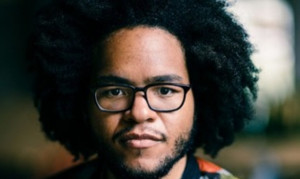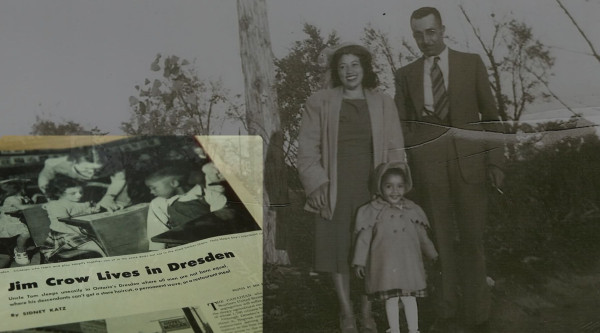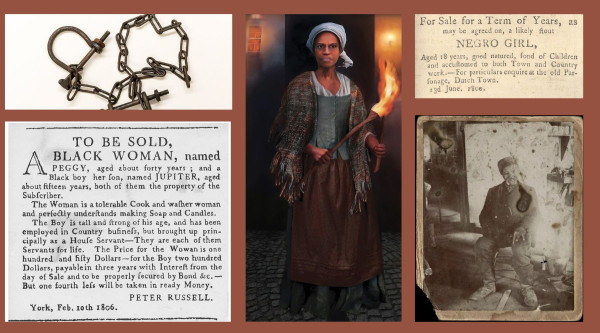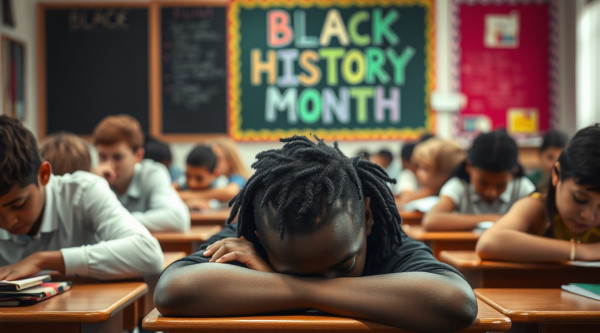Growing up and being educated in a system that chooses to bury and white-out Black culture from Canadian history books, her children’s book Trailblazers: The Black Pioneers Who Have Shaped Canada is an exceptional piece of history in itself. From its creation to its distribution, it’s a publishing story of gatekeeping, community, and pride that we shouldn’t overlook.
And let’s not forget where it all started. Ridley-Padmore’s unwavering passion for advocacy, social work, social justice, and striving to better the lives of the most marginalized is entrenched deeply in her soul. Does she show any signs of slowing down? Not in the least.
To get a sense of Ridley-Padmore’s spiritedness for championing social justice, we can tap into her joy for storytelling. It’s easy to see how storytelling can be a valuable tool in recounting your community’s history and advocating for social justice. Regardless of its platform, stories are needed to relay perspectives to respective audiences. So when we talk about the intertwining of the two, it’s not as far-fetched as one may suspect.
“I think that stories are incredible and powerful, right?” Ridley-Padmore asks. She goes on to say, “And it's through stories that we can create connections. It's through stories that we can understand new things and build empathy, that we can understand the world, understand ourselves. We each have our stories and our experiences. And I think that has been an incredible tool to unite and create a shared understanding—it is through storytelling.”
Ridley-Padmore’s continuous determination and resoluteness to ask the difficult questions and seek valid answers for income and opportunity disparity remains at her core. However, one of the glaring realities usually downplayed daily is how we talk about representation, and she would like to see that rectified. Ridley-Padmore feels that the word has become more of a buzzword than its true meaning.
“We talk about striving towards representation and needing to have more faces in the room. I think that when we talk about it, it’s in a performative way and may have been co-opted a little bit. So it loses some of its meaning,” she said. And her perspective is clear and direct. “And when I'm talking about that, I'm thinking about it in two layers. So from one end, I think about gatekeeping. The idea of a lack of representation as acting in and of itself as gatekeeping to certain spaces.” In attempting to publish Trailblazers: The Black Pioneers Who Have Shaped Canada, this issue became clear as the day was bright to her.
{https://www.instagram.com/p/CWHS-PDMc5X/}
What started as a personal project became the idea for a full-fledged book in 2020 with illustrations by Merryl-Royce. To tell the rich story and share a different narrative of our Black Canadian trailblazers was Ridley-Padmore’s driving force behind the project via her nonprofit publishing organization Counterstory. After her popular and very successful Kickstarter campaign that surpassed their $10,000 goal in ten hours to raise $50,000 over 40 days, the hurdles to get Trailblazers published started to turn into mountains.
Publishers weren’t interested in the book, and if they were, their end-product was nowhere near Ridley-Padmore and Merryl-Royce’s vision. Again, Ridley-Padmore realized that the concept of representation was the critical factor at play. “So, we have this book that features Black characters, and a Black author wrote it—that's important. But when you look at the publishers that are putting out these books, there's a whole other level of gatekeeping there. Publishers have a huge role in whose stories get told and how they get told. That whole gatekeeping process, that’s the meaningful representation we're looking for. Especially if that representation has to be filtered through a white lens or a white gaze.”
Thankfully, because of the overwhelming community support received, she was able to self-publish and ink a distribution deal with Indigo Press. They approached the team and offered complete creative control, which was totally unheard of. “After being told that I couldn't do it or that these stories didn't matter, having the support of the community and having so much support all around was so affirming and really powerful.”
Powerful enough to write another best-selling book to make it a series? Perhaps. While Ridley-Padmore doesn’t completely shut down the idea, she relays that another writing project is presently in the works. And the Kickstarter promise of a French edition Trailblazers will come to fruition either this month or next month as well.
Legacy is such a weighted word, yet we all think about it. When asked what she would want to be remembered for, Ridley-Padmore replied, “I think for creating more space. When we talk about Black folk taking up space and transforming space, and feeling safe in space, I would want to be remembered for my role in helping to change the space and the ways in which Black people navigate space.”
Our changemaker is definitely on the right path.
This story is part of our 10-part series, "Black History Month Changemakers."
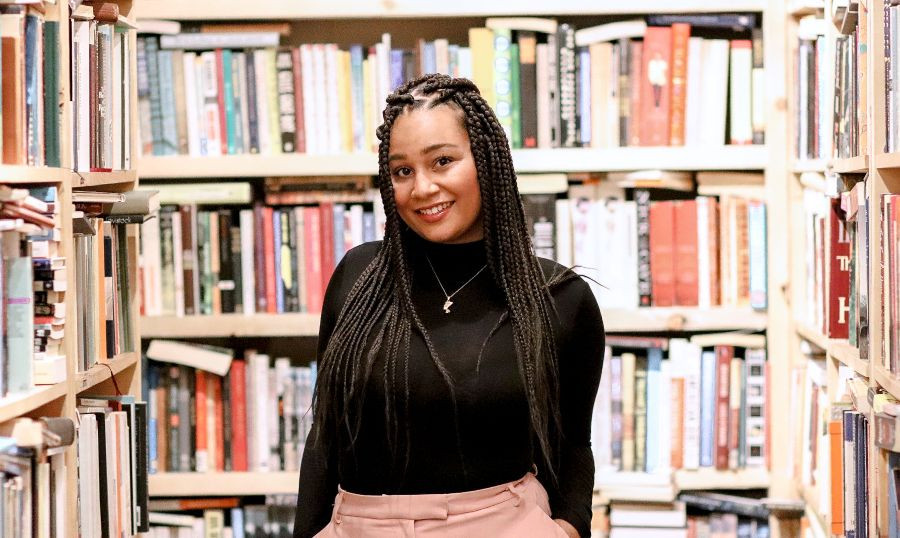
 By
By 





